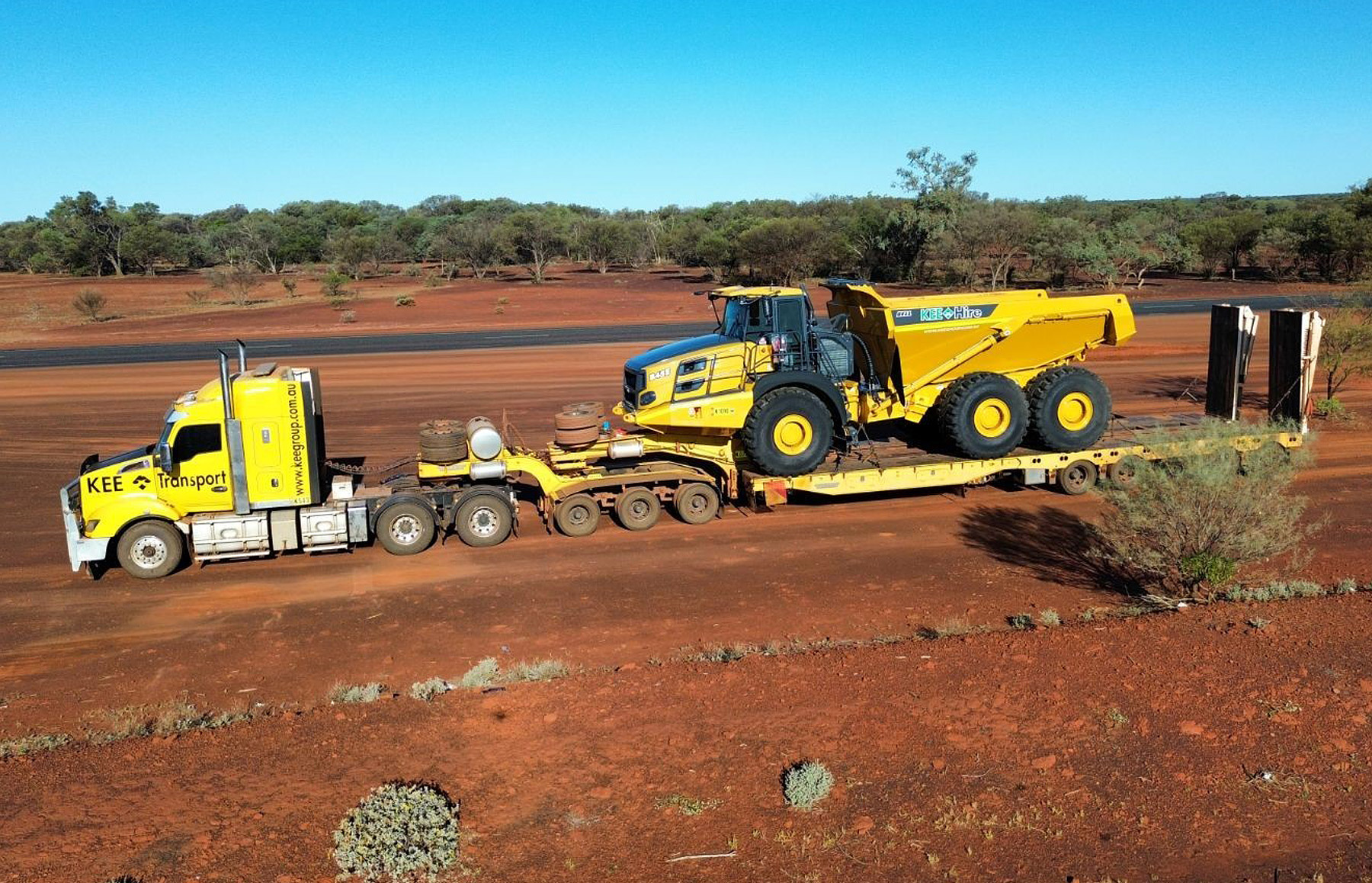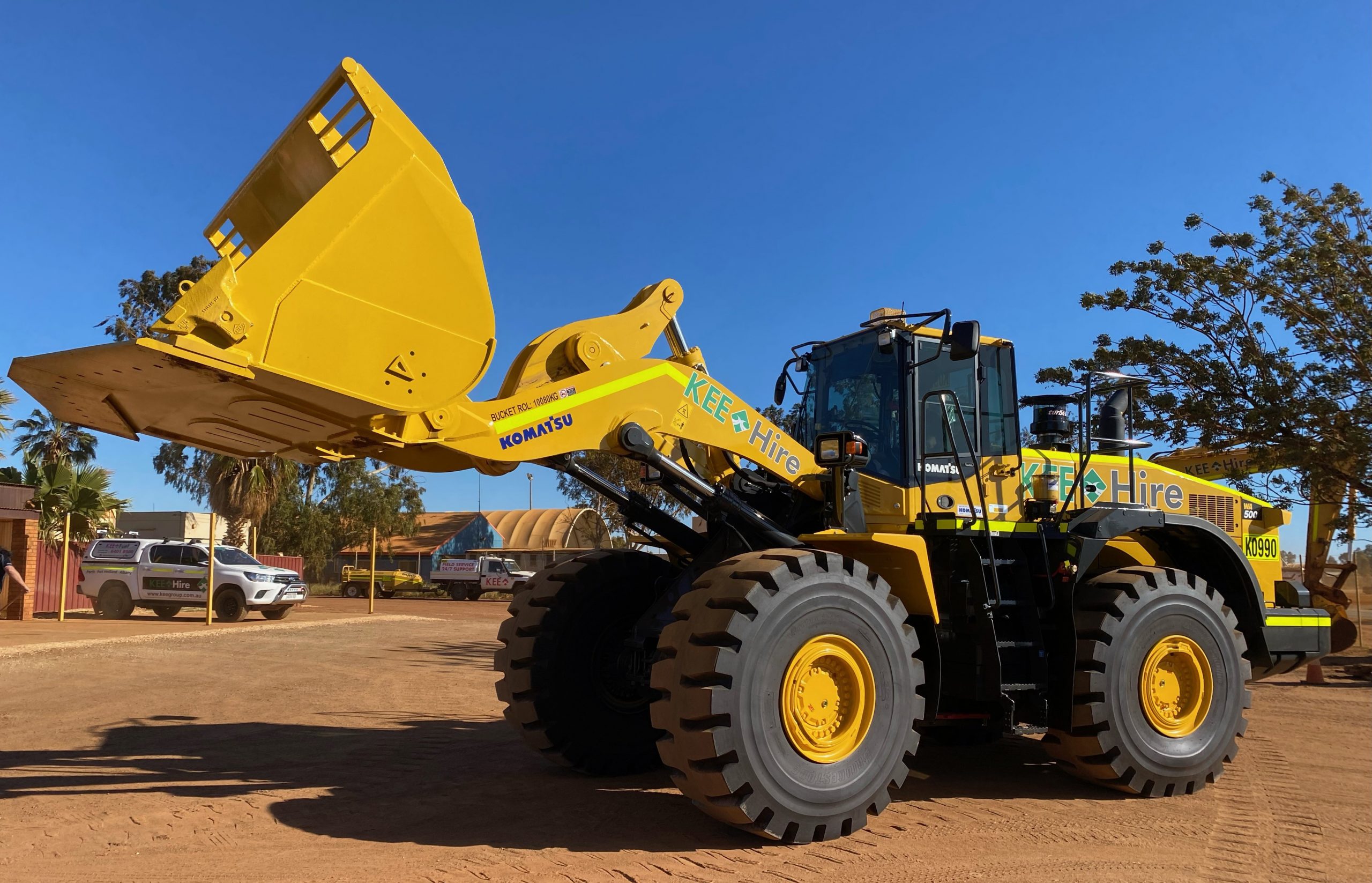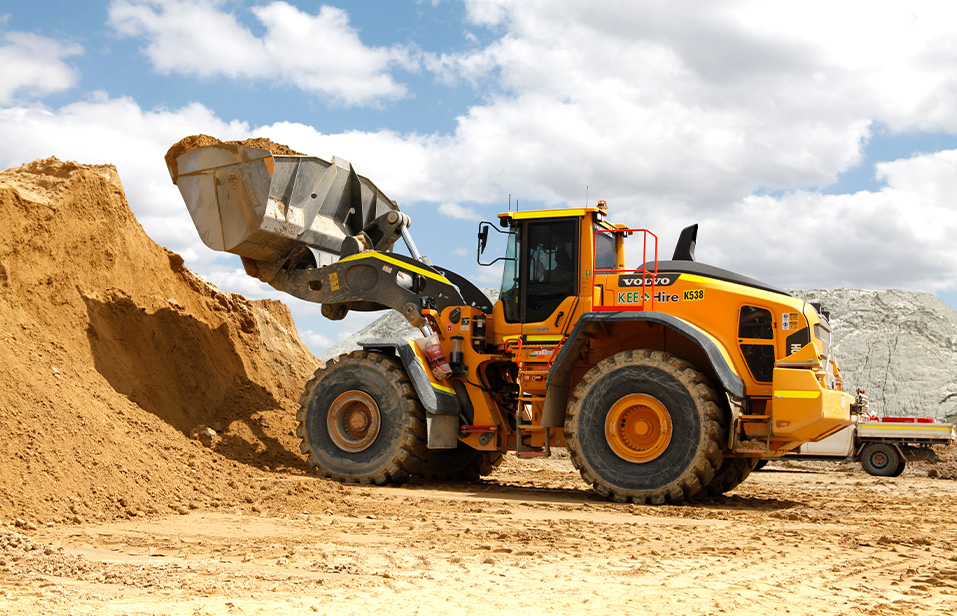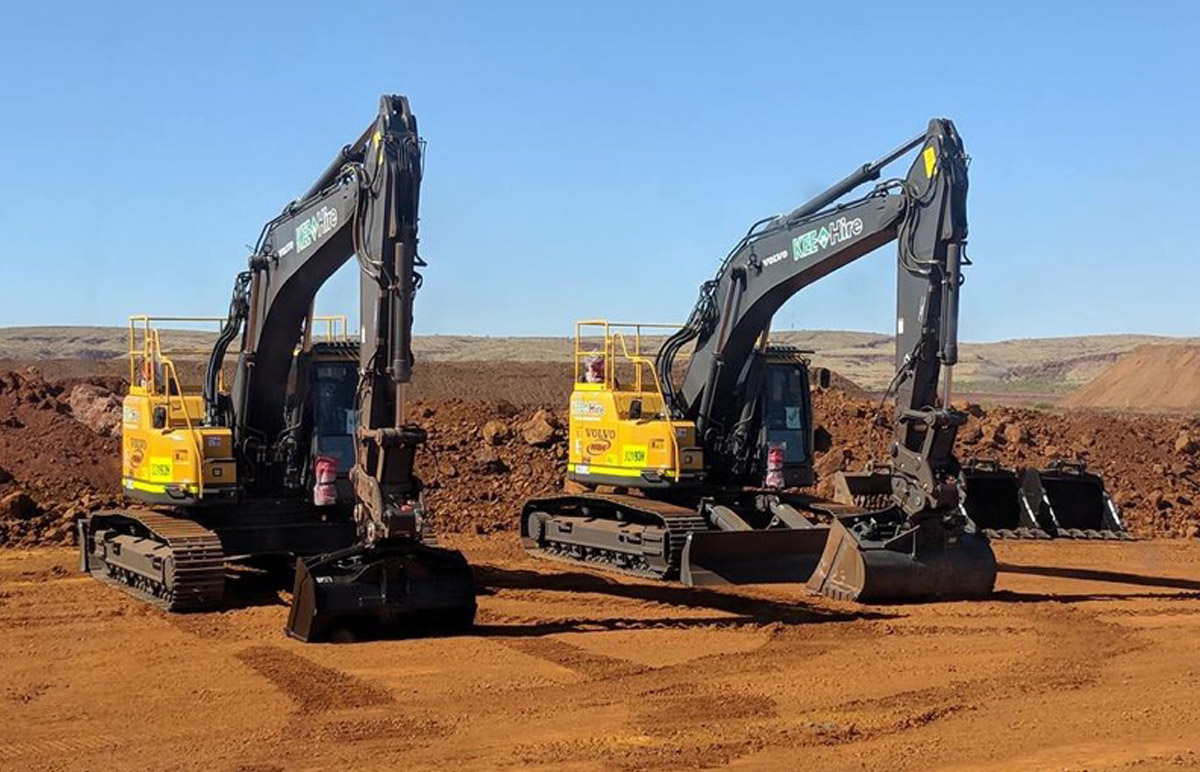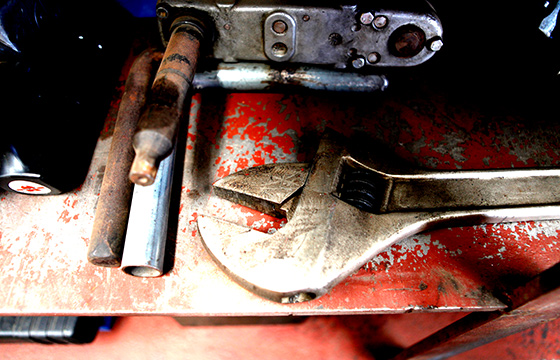Tips for Efficient Machinery Hire for Large Projects
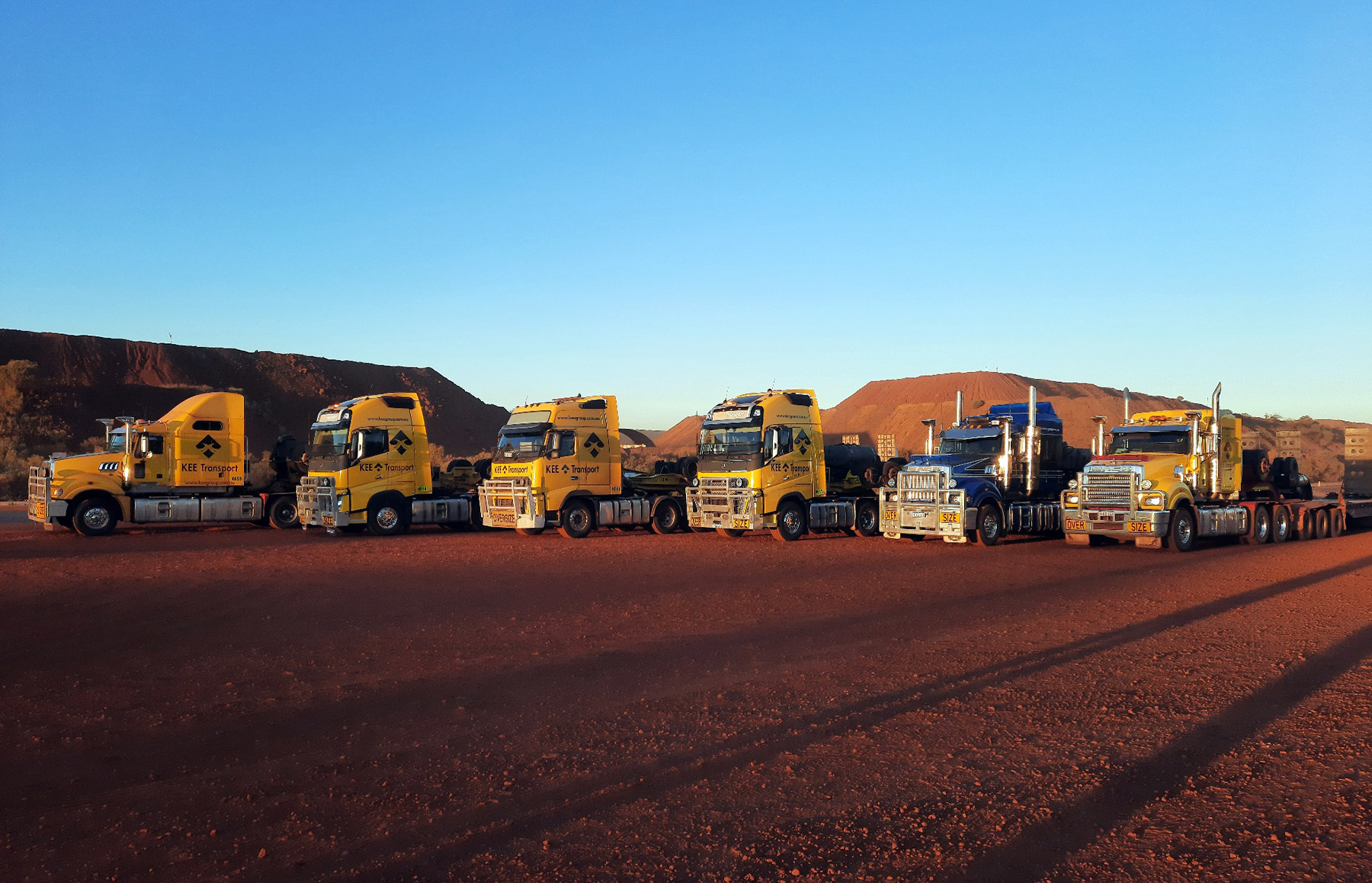
Managing large projects, especially in the civil and mining sectors, requires the right machinery to ensure smooth operations and timely completion. Whether you need dump trucks, excavators, or water trucks, making informed machinery hire decisions can significantly impact your project’s efficiency.
Efficient machinery hire starts with a clear understanding of your project needs. This involves not only recognising the specific tasks but also considering the scale, duration, and environmental factors involved. By matching the right equipment to your project, you can reduce downtime, increase productivity, and keep your project on track.
Furthermore, well-planned machinery hire can yield cost savings. Avoiding under or over-specifying equipment can help keep budgets in check, while proper scheduling ensures equipment is utilised at maximum efficiency. Working with a reputable hire company also means you access well-maintained machinery, minimising breakdown risks and enhancing project safety.
Understanding Your Project Needs
To ensure efficient machinery hire, the first step is to understand the specific needs of your project. Start by evaluating the scope of the work. Is the project large-scale, like constructing a new road or mining? Or is it smaller, such as landscaping a park? The scale will determine the type and number of machines required.
Next, consider the tasks involved. For instance, if your project involves large amounts of material excavation, you’ll need equipment like excavators or dump trucks. For tasks like paving or compacting, rollers and graders are essential. Understanding what each task requires helps in selecting machines that will get the job done efficiently.
Also, take into account the project’s location and environmental factors. Remote areas might require specialised equipment or additional support, while urban locations might have space constraints. Knowing the working conditions allows for better equipment selection, ensuring that the machinery can handle the environment without issues.
Choosing the Right Machinery for the Job
Once you’ve assessed your project needs, the next step is to choose the right machinery. Different projects benefit from different types of equipment, and selecting the right one is crucial for productivity and efficiency.
For digging and earthmoving tasks, excavator hire is invaluable. Excavators are versatile and can be equipped with various attachments to handle different tasks. They come in different sizes, so choose one that matches the scale of your project.
If you need to transport large quantities of material, dump truck hire is essential. Dump trucks are designed to carry heavy loads and can navigate tough terrains, making them perfect for construction and mining projects. Make sure to choose a truck with the proper capacity to avoid multiple trips and save time.
For grading and levelling tasks, grader hire is the way to go. Graders ensure precise levelling, which is vital for road construction and site preparation. Opt for modern graders with advanced control systems for better accuracy.
Lastly, don’t overlook the importance of water trucks and rollers. Water truck hire is crucial for dust control and soil compaction, while roller hire ensures a smooth and compact surface, essential for roadworks and site preparation.
By choosing the right machinery, you not only streamline your project but also enhance the overall efficiency and outcome.
Key Considerations for Hiring Equipment
When hiring equipment for large projects, several key considerations come into play. The first is the type of equipment required. Assess the tasks at hand and ensure you hire machinery that matches those tasks. For example, excavator hire is ideal for digging and heavy lifting, while roller hire is crucial for compacting surfaces.
Secondly, consider the duration of hire. Determine how long you’ll need the equipment to avoid hiring costs for unused time. Long-term projects might benefit from flexible hire agreements, allowing for adjustments based on project progress.
Additionally, evaluate the condition and maintenance of the machinery. Choose a hire company that regularly maintains and inspects its equipment. Well-maintained machinery reduces the risk of breakdowns and ensures optimal performance, keeping your project on schedule.
Finally, think about operator training and support. Some machinery can be complex, requiring skilled operators. Ensure your team receives proper training or opt for wet hire solutions where the equipment comes with an experienced operator. This approach increases productivity and safety on site.
Maximising Efficiency with Proper Planning and Scheduling
Efficient machinery hire relies heavily on meticulous planning and scheduling. Start by developing a comprehensive project plan that outlines all tasks and deadlines. This helps in identifying the exact machinery needed at different stages of the project.
Utilise a project management tool to schedule equipment usage. This ensures that each machine is used effectively and reduces idle time. For example, schedule dump truck hire for periods when there’s a lot of material to move and excavator hire during excavation phases. Staggering machinery use can also prevent bottlenecks.
Communication is key. Keep clear lines of communication between your team and the hire company to promptly address any issues or changes. Quick responses can prevent costly delays and ensure that the right machinery is always available when needed.
Lastly, review and adjust your plan as the project progresses. Regularly assessing your equipment needs and schedule allows for timely changes that can improve efficiency. This proactive approach ensures that your project remains on track from start to finish.
Conclusion
Effective machinery hire is crucial for the success of large projects. By understanding your project needs and carefully selecting the right equipment, you can ensure that each task is performed efficiently. Considering key factors like equipment condition, hire duration, and operator support helps in making informed decisions that benefit your project.
Proper planning and scheduling maximise the use of hired machinery, preventing downtime and keeping the project on track. Clear communication and regular reviews further enhance efficiency, ensuring you can adapt to any changes or challenges that arise.
For those looking to optimise their plant and machinery hire, KEE Group offers a wide range of well-maintained equipment and top-notch support. Reach out to KEE Group today to find the perfect heavy equipment hire for your next big project and make the most out of your hire.

